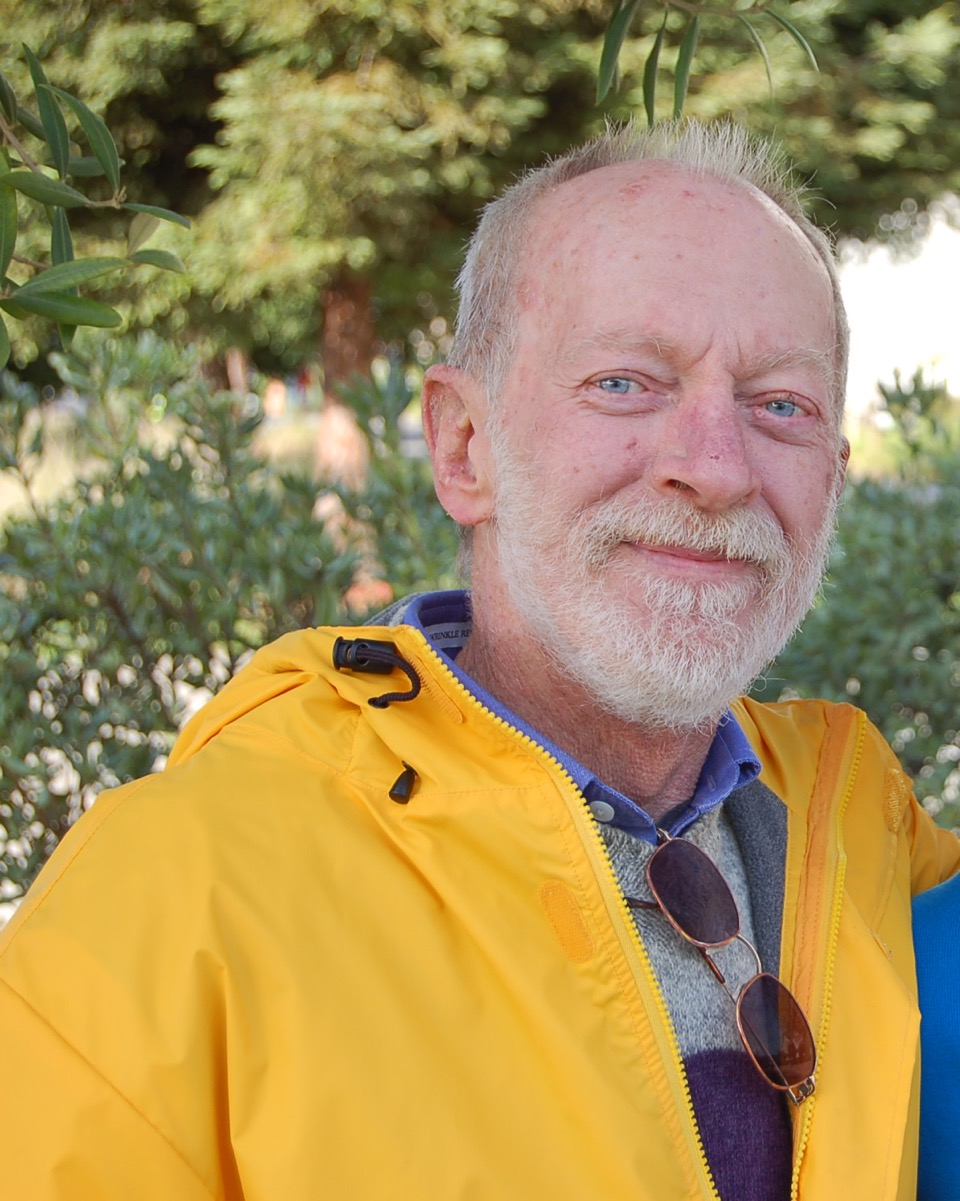David Hinkley, who died peacefully at his home in California on 11 January 2019, made important and broad-ranging contributions to statistical theory and methods.
David was born on 10 September 1944 in Kent, England. After leaving school he studied mathematics and statistics at the University of Birmingham, where he was taught by John Nelder, David Wishart and Henry Daniels, who suggested that he undertake a PhD at Imperial College London under the supervision of David Cox. Imperial was then a rapidly expanding hub for statistical activity, and by the time David had published his first article, he had been appointed to a junior lecturership. He received his doctorate in 1969 and then spent the years 1969–71 at Stanford University. He married Betty Blake in 1970, and their daughter Sara was born in 1971, just before their return to London, where, amid many other projects, David worked with David Cox on Theoretical Statistics, published in 1974.
This book was arguably the first modern treatment of the foundations and theory of statistics and remains a landmark. Its scope, its illustration of statistical principles through a series of compelling examples highlighting the strengths and weaknesses of different approaches to inference, its emphasis on likelihood and its even-handedness have given it lasting influence on subsequent generations of students and scholars. Although its eschewal of technicalities and dogma infuriated some reviewers, it was immediately recognised as a major contribution.
David was now established as an outstandingly broad, able and productive scholar, and in 1973, shortly after the birth of their son Steve, the family moved to the University of Minnesota.
During this period David became interested in the jackknife, a harbinger of his later work on resampling methods. Re-reading Fisher’s work led, in 1978, to the publication of an article joint with Bradley Efron that introduced what is now called the Efron–Hinkley ancillary. The observed information and its expectation are often regarded as essentially interchangeable, but Fisher had realised that the former could play the role of an approximate ancillary statistic, so inferences that condition upon its value are more relevant to the particular dataset under study. This paper, and David’s advocacy of conditional inference, played an important role in stimulating the subsequent blossoming of small-sample asymptotics.
In 1983, David moved to the University of Texas at Austin, where his interests in resampling expanded to the bootstrap, culminating in the 1997 publication of his book Bootstrap Methods and their Application, joint with Anthony Davison. This gave a broad perspective on when and how bootstrap methods might be safely applied, touched on many topics not previously addressed in the bootstrap literature, and quickly became a standard reference.
In 1989, he moved from Austin to lead the new Department of Statistics at the University of Oxford, which grew rapidly in size and as a focus for statistical activity. David found the broader Oxford environment difficult, however, and in 1995 moved to the University of California, Santa Barbara, from where he retired in 2014.
A distinctive, upright figure and brilliant lecturer, David illuminated any topic to which he turned. His broad vision, lucidity, excellent judgement and the esteem in which he was held made him a natural candidate for leadership roles. He served on national committees in the US and UK, and was editor of the Annals of Statistics and of Biometrika, as well as associate editor of other major journals. In addition to his major publications, he edited several books that remain worthwhile reading.
His honours included the COPSS Presidents’ Award in 1984 and fellowships of the American Statistical Association, the American Association for the Advancement of Science and the Institute of Mathematical Statistics; he gave two IMS Medallion Lectures.
David and Betty divorced in 1991; she died in 2015. He is survived by Sara and Steve, his four grandchildren—who delighted him and with whom he spent happy times watching soccer matches and visiting the US national parks and California coast—an elder sister and other family in the UK. His brother died in 2011.
David listened to BBC radio each evening, and was anguished by recent political events. He was a generous, stimulating and enduringly supportive mentor for younger colleagues, and they and his students, friends and family will miss his penetrating clarity, his lively and wide-ranging intellect, his wry humour, and his passions for soccer, nature and classical music.
I thank Sara Hinkley and Allan Stewart-Oaten for their help in preparing this obituary.
—
Written by Anthony Davison, ETH Zurich
[This obituary first appeared in J Royal Stat Soc A, at
https://rss.onlinelibrary.wiley.com/doi/10.1111/rssa.12452]

Comments on “Obituary: David Hinkley 1944–2019”